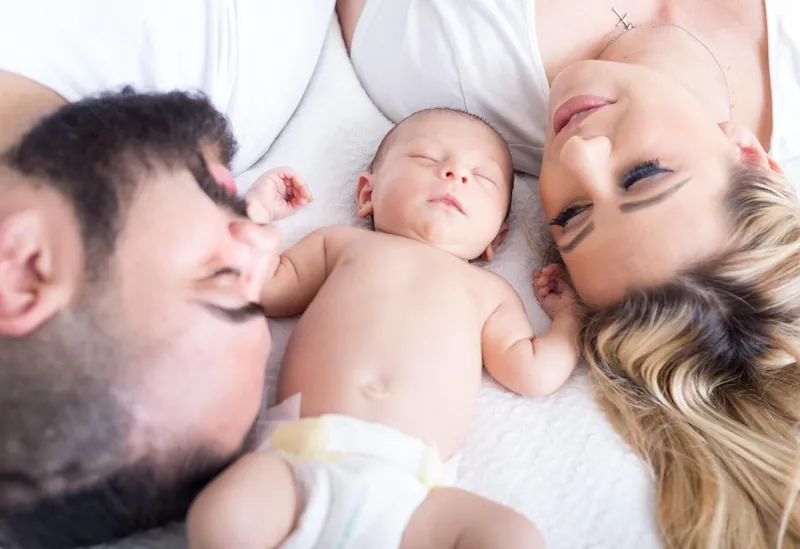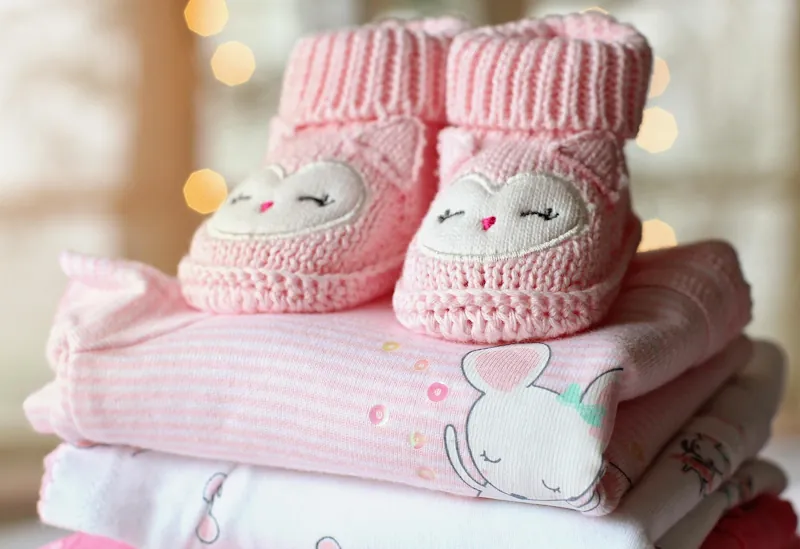How to Save Money on Baby Essentials
Welcoming a new baby is exciting, but the cost of essential items can add up quickly. From diapers and clothing to feeding supplies and nursery gear, expenses can grow faster than expected. At Savzz, we aim to provide practical advice to help parents reduce costs while keeping quality and safety top of mind.
By following strategic shopping practices and taking advantage of sales, discounts, and second-hand options, parents can cut spending on baby essentials without compromise. Below, we cover everything from creating a smart checklist to choosing cost-effective gear, plus ideas for long-term savings.
Key Takeaways
- Plan purchases with a checklist to focus on essential items first.
- Look for sales, coupons, and cashback offers to reduce costs.
- Consider second-hand and hand-me-down items where safe and appropriate.
- Buy in bulk for frequently used items such as diapers and wipes.
- Explore internal Savzz categories to find discounted baby products efficiently.
Understanding Baby Essentials
When preparing for a newborn, start by focusing on what your baby truly needs. Essentials include diapers, wipes, clothing basics, feeding supplies, a safe sleep space, and hygiene items. Consider creating a checklist to avoid unnecessary purchases and keep your budget on track.
Determining Core Necessities
Focus on the essentials first. For feeding, include bottles, bibs, and burp cloths. Diapering requires diapers, wipes, a changing pad, and cream. Clothing basics include onesies, sleepers, socks, and hats. For sleep, a crib or bassinet and a firm mattress are non-negotiable.
Buying second-hand gear for items that aren’t safety-critical, such as strollers, high chairs, or playpens, can save money. Always purchase new items for car seats and mattresses to comply with safety regulations.
Creating a Practical Checklist
Organise your checklist into categories for easier shopping:
- Feeding: Bottles, breast pump, formula, bibs, burp cloths
- Diapering: Diapers, wipes, changing pad, diaper cream
- Clothing: Onesies, sleepers, socks, hats, mittens
- Bathing: Baby tub, washcloths, gentle soap, hooded towels
- Sleeping: Crib, mattress, fitted sheets, swaddles, sleep sacks
- Health & Safety: Thermometer, nail clippers, first-aid kit
- Travel & Gear: Car seat, stroller, baby carrier
Consider getting input from experienced parents, they often recommend useful items you might not think of, such as a white noise machine, blackout blinds, or a diaper pail. Every baby’s preferences differ, so flexibility is key.
Budget-Friendly Shopping Tips
Take Advantage of Sales and Promotions
Retailers often offer discounts during holidays, back-to-school seasons, or end-of-season clearances. Sign up for newsletters from favourite brands to stay updated. Tracking regular prices for your essentials will help you recognise genuine bargains.
Use Coupons, Cashback, and Voucher Codes
Coupons and cashback apps provide extra savings on baby products. Explore platforms like TopCashback and Savzz voucher codes to maximise discounts. Many brands also post exclusive online coupons or offer subscription deals.
Consider Second-Hand and Hand-Me-Down Items
High-quality baby items are often lightly used and still in excellent condition. Check local consignment stores, online marketplaces, or community groups. Safety is critical, so inspect items carefully and follow manufacturer guidelines. Swapping clothes and toys with friends or family can also reduce costs a lot.
Buying in Bulk
Items like diapers, wipes, and formula can often be purchased in larger quantities at reduced per-unit costs. Be mindful of storage space and avoid overbuying size-specific items. Consider sharing bulk purchases with other parents to maximise savings.
Choosing Affordable Baby Gear
Strollers and Travel Gear
Look for strollers that grow with your child, such as convertible models that transition from infant to toddler. Compare features across price points, and check for seasonal discounts. Accessories like sunshades or rain covers often have voucher codes, such as SnoozeShade discounts.
Sleep Essentials
Safe sleep doesn’t need to be expensive. Choose firm mattresses and simple bedding. Multipurpose cribs that convert to toddler beds add long-term value. Stock up on essentials like fitted sheets during sales to save over time.
Car Seats and Safety Gear
Always prioritise safety over cost. Convertible car seats can adapt as your child grows, offering extended value. Look for sales and trade-in events to reduce upfront costs. Always check expiration dates and avoid previously damaged seats.
Diapers and Clothing
Cloth vs Disposable Diapers
Cloth diapers offer long-term savings and can be reused for multiple children. Disposable diapers are convenient but costlier. Use subscription services or buy in bulk for better deals. A hybrid approach, cloth at home, disposable on the go, can reduce expenses while keeping convenience.
Baby Clothing Essentials
Focus on versatile, basic items that mix and match. Seasonal sales and gender-neutral hand-me-downs can extend your budget. Check kids’ clothing discounts when available.
Feeding and Nursing
Breastfeeding is cost-effective, but a nursing pillow or reusable pads can make it easier and more comfortable. Look for second-hand options. For bottle-feeding, buy safe, affordable bottles, sterilize at home, and purchase formula in bulk if appropriate. Always consider generic options that meet safety standards.
Frequently Asked Questions
What strategies save the most on baby essentials?
Use coupons, cashback offers, bulk purchases, and second-hand items. Track sales and plan purchases according to seasonal discounts.
Which essentials should parents prioritise?
Focus on diapers, formula, clothing, a safe sleep area, and a car seat first. Other items can be purchased gradually.
How can parents find the best deals?
Sign up for loyalty programs, follow social media accounts of baby brands, check price comparison tools, and join parenting groups for tips.
What long-term savings options exist for a child’s future?
Open savings accounts early, consider education funds, and explore insurance policies with cash value for financial planning.


